Can I give my Baby Poppy Seeds?
October 16, 2020 Leave a Comment
Poppy seeds or khus khus are a common ingredient in Indian kitchens. Since they’re so commonplace, parents wonder: Can I give my Baby Poppy Seeds?
Did you know that there’s an ingredient in your kitchen that can give you a positive in a drug test if consumed? Terrified? No, no one is planting contraband in your kitchen, we’re talking about poppy seeds!
It may seem ridiculous to ask if you can give your baby an ingredient like this. However, poppy seeds are a popular condiment in Indian kitchens. Although it’s completely banned in a few countries due to its morphine content, the fact is that it has been used as a traditional home remedy for several centuries.
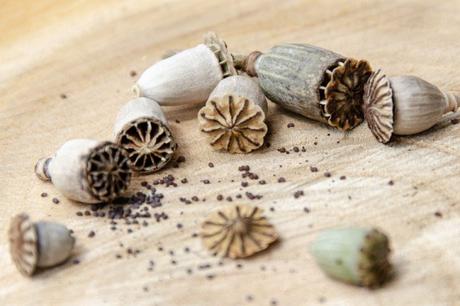
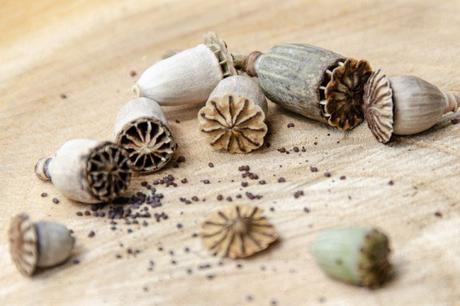
Poppy seeds are produced by the poppy plant, Papaver smoniferum. The poppy is a flowering plant extensively cultivated across eastern and southern parts of Asia and Europe. The seeds are primarily white and yellow in color. Poppy seeds are called khus khus in Hindi.
Different variants of Poppy seeds are available across the globe The three main varieties of poppy seeds are Oriental poppy seeds, Blue poppy seedsand White poppy seeds. White poppy seeds are also known as Indian/Asian poppy seeds and are mostly used in cuisines. Poppy seeds taste nutty and are used in different forms like whole or ground. It helps to thicken dishes as well as enhance the texture and flavor of recipes.
Not all varieties of poppy seeds have morphine, codeine or thebaine in it. They actually get contaminated during harvesting or by some pests. Hence the amount of codeine and morphine level in poppy seedsdepends upon the area it is harvested from. The adverse effects of consuming poppy seeds depend on the varying levels of codeine and morphine present in the seeds. In general, unwashed seeds have a high risk, which is why it is always recommended to get poppy seeds from a safe and trusted source.
Nutritional Benefits of Poppy Seeds
Poppy seeds are rich in plant based chemical compounds. They are filled with antioxidants, insoluble fiber, calcium, carbohydrates, protein, iron and much more.
- Treats insomnia
- Maintains heart health
- Enhances skin and hair health
- Improves cognitive functioning
- Boosts skin health
- Might shield cellular damage and various illnesses
- Helps to regulate the blood pressure and body temperature
- Improves bone strength
- Improves digestion
- Prevents constipation
- Prevents cancer
- Prevents ulcers (especially mouth ulcers)
- Treats diabetes
- Good for thyroid
- Maintains eye health
- Increases energy and immunity
- Helps in treating kidney stones
- Natural painkiller
- Helps to control dandruff
Can I give my Baby Poppy Seeds?
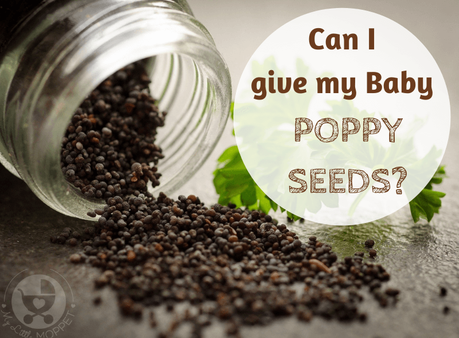
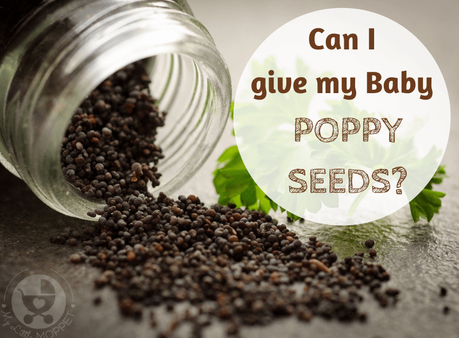
Poppy seeds can be given to babies after 1 year. In spite of all the bad rap, the poppy seeds which are available in markets for consumption are considered safe as they are processed. Yet, giving large quantities of poppy seeds to babies and kids is definitely not safe.
Always introduce poppy seeds slowly – a quarter teaspoon of powdered poppy seeds in a dish should suffice. As your child seems okay with this, the quantity can be gradually increased to one teaspoon. Poppy seeds are fine in recipes, but avoid home remedies like poppy seed milk for babies without consulting your pediatrician.
Children with allergic histories or with GERD (gastroesophageal reflux disease) should get the pediatrician’s guidance before introducing poppy seeds in their diet. People who are allergic to hazelnut, rye grain, kiwi, sesame, or buckwheat, might also be allergic to poppy seeds. Allergic reactions can be acute, moderate or even severe. If the child displays symptoms like hives, swellings on the face and mouth, light headedness, runny nose, itchy eyes, flush, breathing difficulty, nausea or vomiting, he needs to be rushed to the doctor right away.
Healthy Recipes with Poppy Seeds
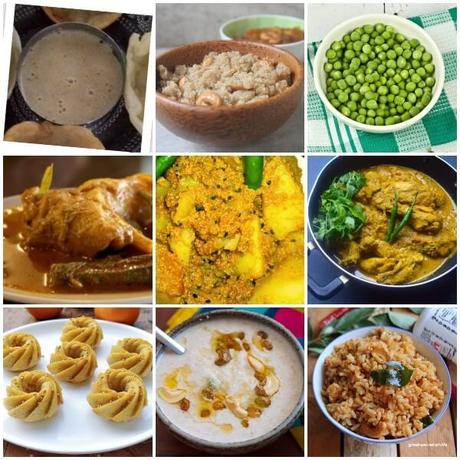
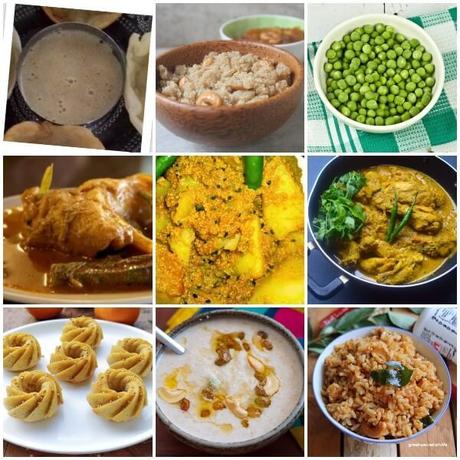
- Khus Khus Kheer from Kids by Mommyswall
- Khus Khus Halwa Recipe from Yummy Tummy
- Khus Khus-WalaMatar Recipe by NDTV Foods
- MachcherDompokht by NDTV Foods
- AlooPosto Vegan Potato Curry with Poppy Seeds – The Flaming Vegan
- Chicken with Poppy Seeds and Cashew by Slurrp
- Orange and Poppy Seeds Muffins Recipe from Archana’s Kitchen
- Karnataka Style GasagasePayasa Recipe from Archana’s Kitchen
- Poppy Seeds Rice Recipe from Great Secret of Life
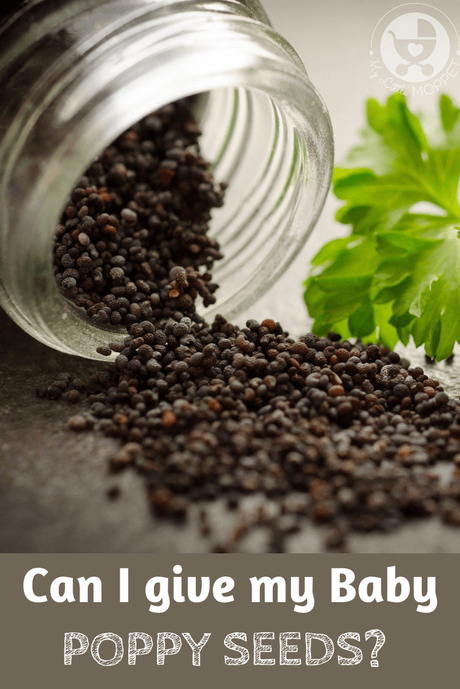
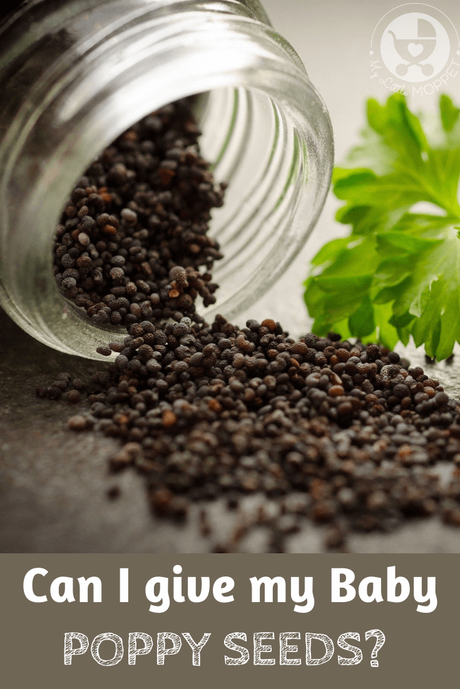
Filed Under: Can I give my Baby?, Nutrition Tagged With: can i give my baby, nutrition, poppy seeds
